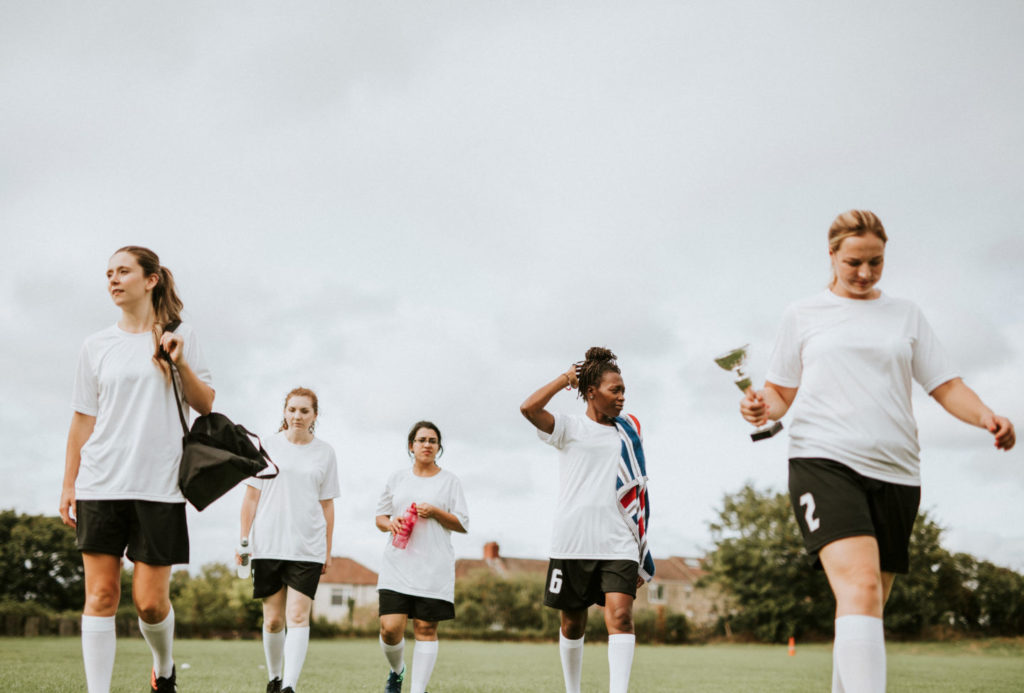Judge: WV’s law restricting transgender athletes constitutional
(The Center Square) – A federal judge paved the way for West Virginia’s law barring transgender girls from participating on female sports teams to be enforced, ruling the legislature’s…

(The Center Square) – A federal judge paved the way for West Virginia’s law barring transgender girls from participating on female sports teams to be enforced, ruling the legislature’s definition of “girl” and “female” is constitutional.
Gov. Jim Justice signed HB 3293 into law in April 2021, known as the “Save Women’s Sports” bill. The measure defines “female” and “girl” as the biological sex determined at birth and bans transgender girls from participating on female sports teams.
A lawsuit challenging the law was filed on behalf of a student identified in court documents as B.P.J., an 11-year-old middle school transgender girl who wanted to join a middle school girls’ cross country team, but would not be allowed to do so under HB 3293. B.P.J.’s lawyers argued HB 3293 “discriminates on the basis of sex and transgender status” in violation of the U.S. Constitution and Title IX.
The Department of Justice filed a statement of interest in B.P.J.’s lawsuit in June 2021, writing that the U.S. “has a significant interest in ensuring that all students, including students who are transgender, can participate in an educational environment free of unlawful discrimination and that the proper legal standards are applied to claims under Title IX and the Equal Protection Clause.”
Southern District of West Virginia Judge Joseph R. Goodwin wrote in a Thursday ruling the legislature’s definition of “girl” and “female” in HB 3293 is “constitutionally permissible.” Goodwin had temporarily blocked the law from taking effect in July 2021, but it can now be enforced.
“The record does make clear that, in passing this law, the legislature intended to prevent transgender girls from playing on girls’ sports teams,” Goodwin wrote. “But acting to prevent transgender girls, along with all other biological males, from playing on girls’ teams is not unconstitutional if the classification is substantially related to an important government interest.”
The judge also acknowledged that at the time the law was passed, “West Virginia had no known instance of any transgender students playing school sports.” He also goes on to say “while sex and gender are related, they are not the same,” and writes that it is “beyond dispute that, barring rare genetic mutations not at issue here, a person either has male sex chromosomes or female sex chromosomes.”
West Virginia Attorney General Patrick Morrisey issued a statement Thursday saying HB 3293 is about “fairness for women’s sports.”
“This short and simple law demands that girls and women get their fair share of opportunities in education, and Title IX’s regulations make it clear that this could be accomplished in school athletic programs by having ‘separate teams for members of each sex’ where the teams are based on competitive skill,” Morrisey said.
The ruling represents the latest setback for transgender athletes and advocates fighting laws passed in several states restricting participation in women’s sports. In total, 18 states have laws banning transgender students from participating in sports consistent with their gender identity.



